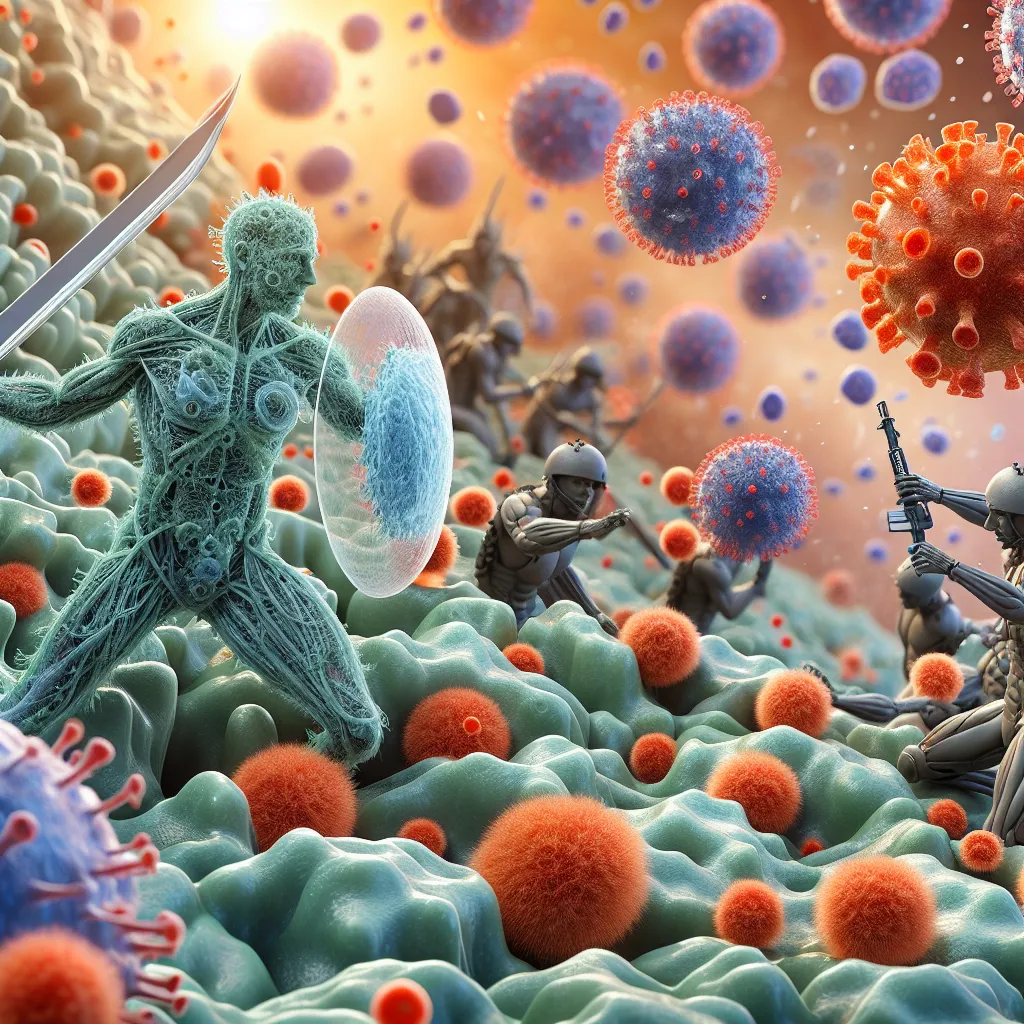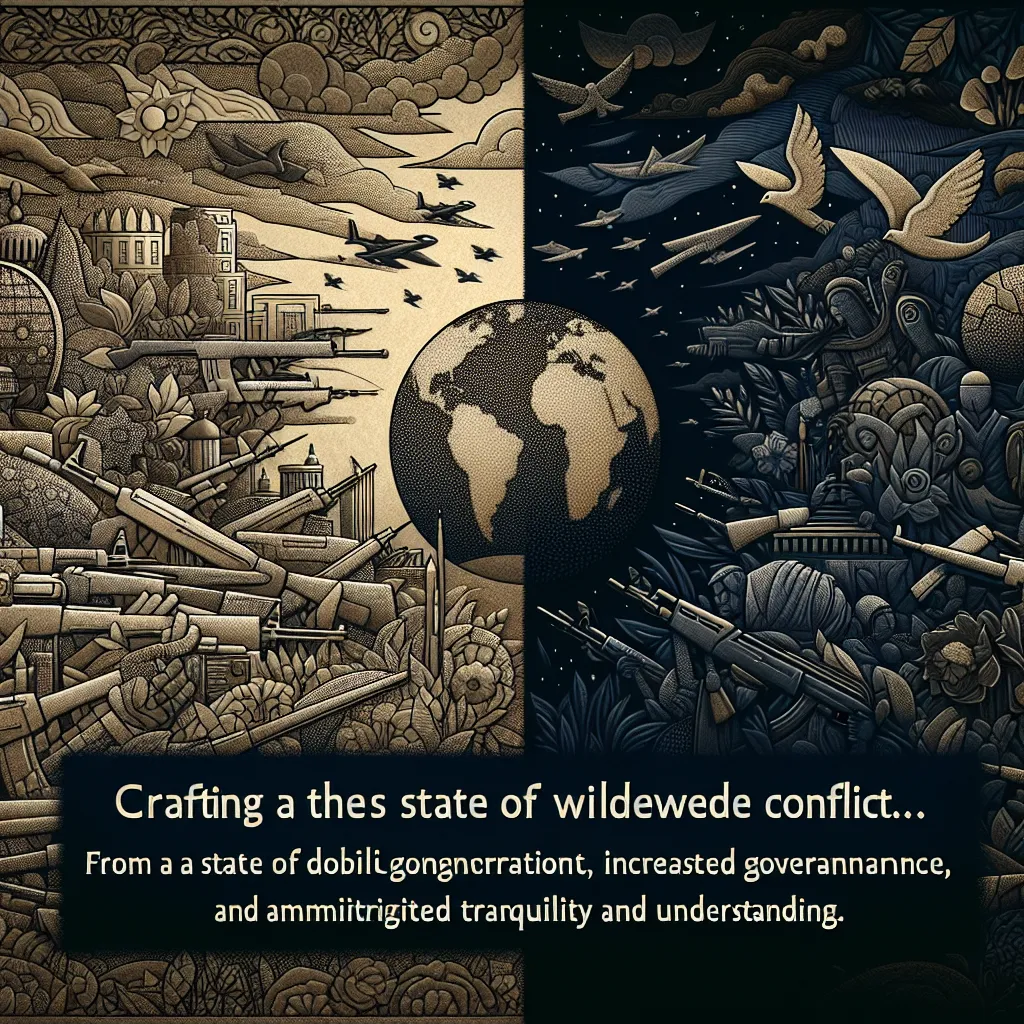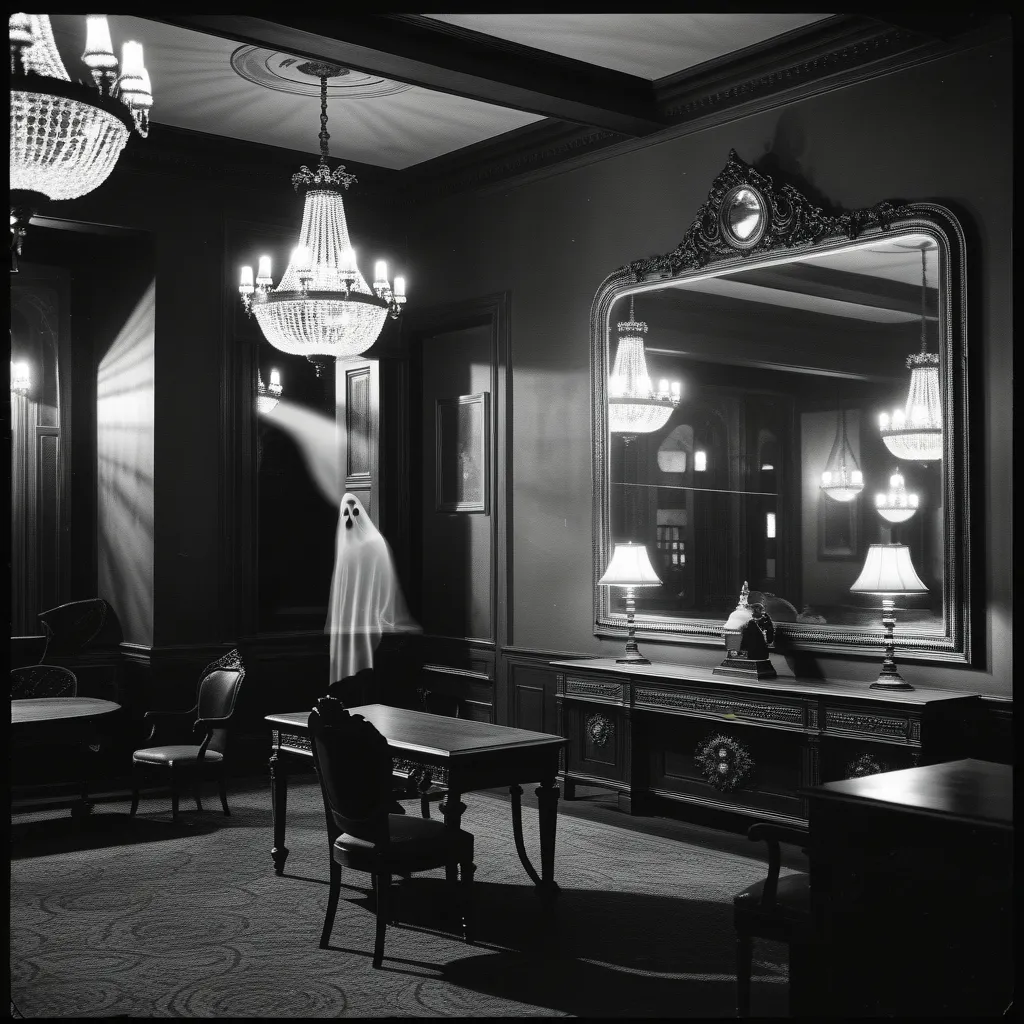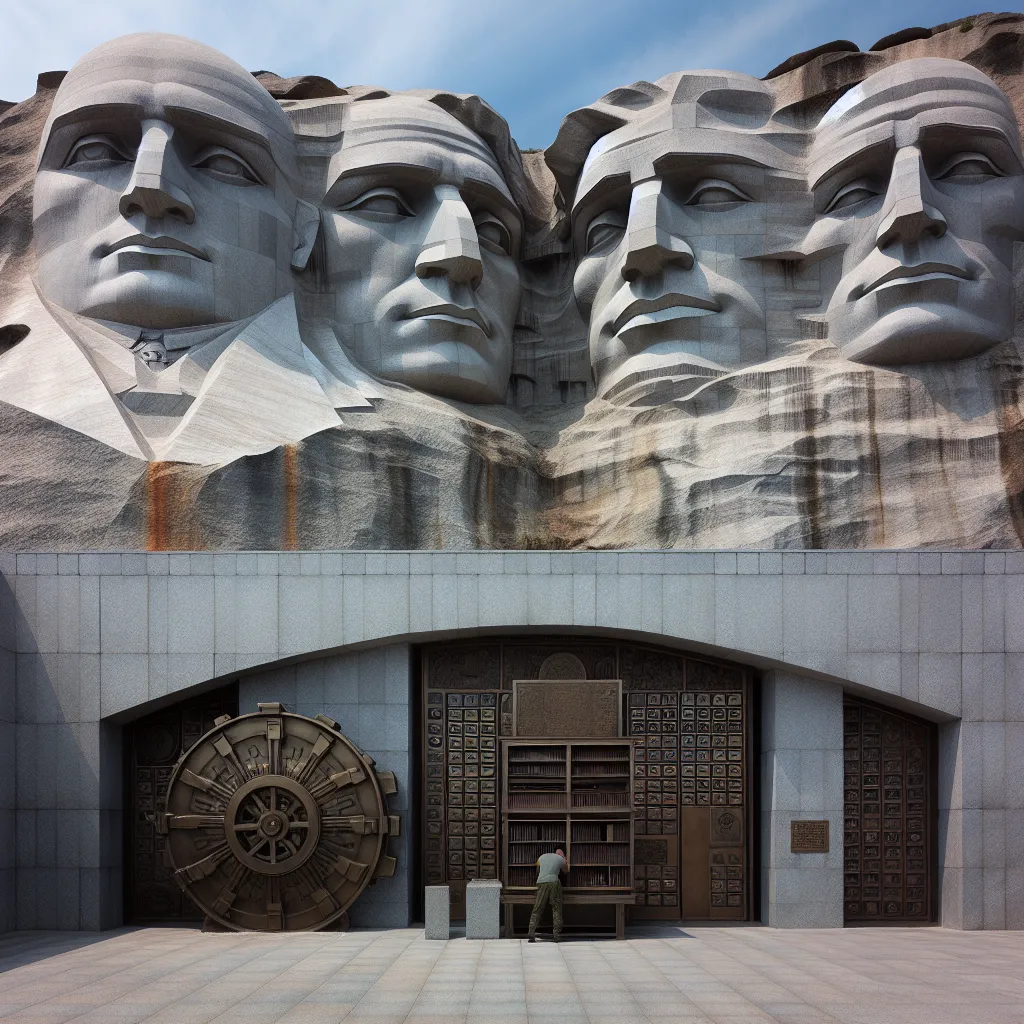Secret societies have captivated our imagination for centuries. The idea of shadowy groups pulling the strings behind the scenes is both thrilling and terrifying. But what’s the real deal with these mysterious organizations?
Let’s dive into the world of secret societies and separate fact from fiction.
Secret societies aren’t a new thing. They’ve been around for thousands of years, dating back to ancient civilizations like Greece and Egypt. Back then, these groups were all about keeping knowledge on the down-low. Whether it was spiritual practices or scientific discoveries, they believed that by keeping this info secret, they could hold onto power and influence.
One of the most famous secret societies is the Freemasons. These guys popped up in the 18th century and started out as a brotherhood focused on promoting good values. But over time, people started wondering what they were really up to behind closed doors.
Then there’s the Illuminati. These folks were founded in Germany in the 1700s by a dude named Adam Weishaupt. They were basically a bunch of smart people who wanted to promote reason and science over superstition. But here’s the kicker – they didn’t last long. The group was officially disbanded pretty quickly, but that didn’t stop people from spinning wild theories about their continued existence and influence.
You know that eye-and-pyramid symbol on the back of the U.S. dollar bill? Some folks think it’s an Illuminati symbol. But sorry to burst your bubble – it’s actually just part of the Great Seal of the United States, designed way back in 1782.
Secret societies love their symbols and rituals. It’s like their own special language. The Freemasons, for example, use stuff like the square and compass to represent their values. These symbols can be pretty powerful – they create a sense of unity and shared purpose among members.
But here’s where things get a bit crazy. Some people think these symbols are part of some grand plan to control our minds. They point to the way these societies are structured, with different levels of membership and knowledge. It’s like a video game – you have to level up to access the good stuff.
Now, let’s talk about the real influence of these groups versus the conspiracy theories. Sure, secret societies have had some big-name members throughout history. George Washington and Benjamin Franklin were both Freemasons. But that doesn’t mean they’re pulling all the strings behind the scenes.
In reality, a lot of these groups are more focused on charity work and personal growth than world domination. The Freemasons, for instance, are known for their community service and charitable donations. But that doesn’t stop people from coming up with wild theories about their supposed control over global events.
Secret societies haven’t gone extinct in the modern world – they’ve just evolved. Take Cicada 3301, for example. This internet-based group has been recruiting members through mind-bending puzzles since 2012. No one really knows what they’re up to, but it’s probably something to do with cryptography and other brainy pursuits.
Some people reckon that modern multinational corporations are the new secret societies. These big companies definitely have a lot of influence over global policies and economies. But they’re not exactly operating in secret – they’re publicly traded companies with transparent operations. Sure, their decision-making processes might be complex, but they’re not quite in the same league as traditional secret societies.
One of the most fascinating aspects of secret societies is the personal stories of people who’ve been involved. Many former members of cults and secret societies have come forward with tales of manipulation and control. These stories shed light on the psychological tactics some groups use to keep members in line and their activities hidden.
Imagine being gradually introduced to more and more esoteric knowledge as you climb the ranks, only to realize later that you’ve been manipulated into a system of control. These personal accounts serve as a wake-up call about the dangers of blindly following any organization that promises exclusive knowledge or power.
So, what’s the bottom line on secret societies? Well, they’re definitely real and have played a role in shaping history. But the idea that they’re controlling the world from the shadows? That’s mostly myth.
Most secret societies are more interested in personal development, charity work, and preserving esoteric knowledge than ruling the world. The wild theories about these groups often stem from a lack of understanding and our natural curiosity about the unknown.
It’s easy to get swept up in the intrigue and mystery surrounding secret societies. The idea of a hidden world operating just beneath the surface of our everyday lives is undeniably alluring. But it’s important to approach these topics with a critical eye.
Think about it – if there really was a all-powerful secret society controlling everything, wouldn’t they be doing a better job? I mean, have you looked at the state of the world lately?
That’s not to say that powerful groups don’t have influence. They absolutely do. But it’s usually much more mundane and out in the open than the conspiracy theories would have you believe. Lobbying, campaign contributions, and corporate influence are all very real ways that power is wielded in our society. But these aren’t secret – they’re just complicated and often boring to look into.
The allure of secret societies often lies in their promise of exclusive knowledge or power. It’s human nature to want to be part of something special, to have access to information that others don’t. This desire can make people vulnerable to manipulation, whether by actual secret societies or by those who spread conspiracy theories about them.
It’s worth considering why these theories are so appealing. In a complex world where many people feel powerless, the idea that there’s a single group responsible for everything can be oddly comforting. It simplifies the world and gives a clear target for our frustrations. But reality is usually much messier and more complicated than that.
That’s not to say we shouldn’t be vigilant about concentrations of power and influence. We absolutely should. But that vigilance should be based on facts and evidence, not on myths and speculation.
In the end, the truth about secret societies is probably less exciting than the myths, but no less interesting. These groups have played fascinating roles in history, influencing art, politics, and culture in ways we’re still uncovering. But they’re made up of humans, with all the flaws and limitations that entails.
So the next time you hear a wild theory about a secret society controlling the world, take it with a grain of salt. By all means, dig deeper and do your research. But remember that the real world is often more interesting – and more complex – than any conspiracy theory.






